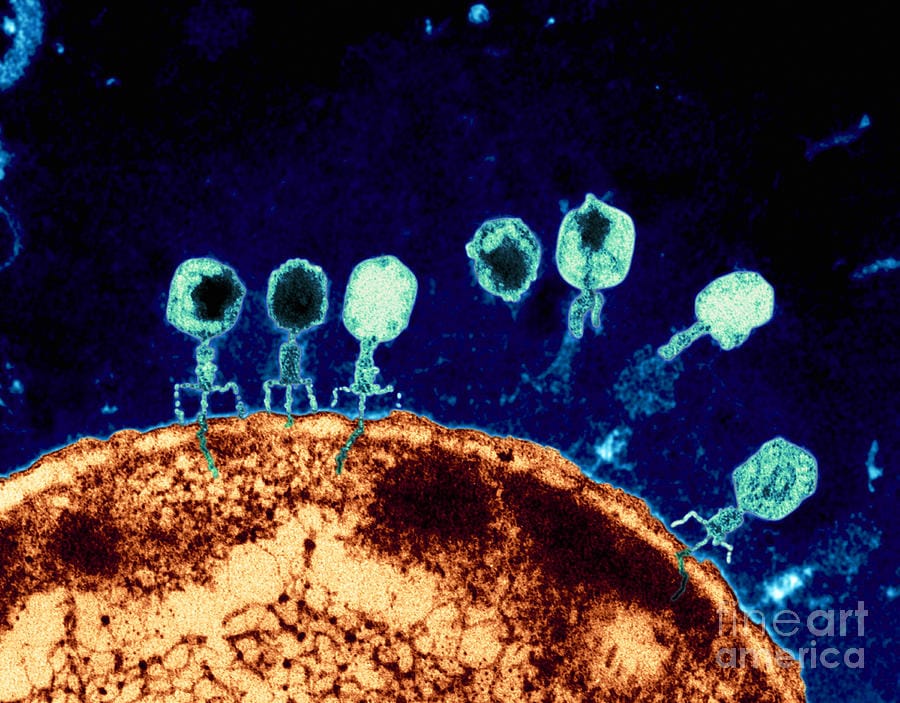Innovative Use of CRISPR-Cas to Eliminate Antibiotic Resistance

A research group from Tel Aviv University has found a new way to re-sensitize bacteria to antibiotics. In their PNAS publication they describe how they used phages to introduce the genome editing system CRISPR-Cas to revert antibiotic resistance and eliminate horizontal transfer of resistance between strains. This system could reduce the prevalence of antibiotic-resistant bacteria in hospital surfaces and medical personnel.
Bacter ia are increasingly resistant to chemicals that were found out or designed to kill them. Other ways of attacking infections have been explored since, like using bacteriophages, viruses that infect and replicate within bacteria, usually lysing their host to release new virions. However, this strategy can be failed if bacteria develop a resistance to phages. Ido Yosef and coworkers resolved to use temperate bacteriophages to deliver the genome editing tool CRISPR-Cas designed to specifically target β-lactamase, the gene that helps bacteria become resistant to Beta-lactam antibiotics like penicillin. Beta-lactams are typically used to treat a broad spectrum of Gram-positive and Gram-negative bacteria. The researchers proved that targeted E. coli bacteria became sensitive to Beta-lactam antibiotics, which meant they had lost their resistance. Crucially, their CRISPR-Cas design also confers protection from lytic phages, so that these phages will kill only antibiotic-resistant bacteria and respect the sensitized bacteria.
ia are increasingly resistant to chemicals that were found out or designed to kill them. Other ways of attacking infections have been explored since, like using bacteriophages, viruses that infect and replicate within bacteria, usually lysing their host to release new virions. However, this strategy can be failed if bacteria develop a resistance to phages. Ido Yosef and coworkers resolved to use temperate bacteriophages to deliver the genome editing tool CRISPR-Cas designed to specifically target β-lactamase, the gene that helps bacteria become resistant to Beta-lactam antibiotics like penicillin. Beta-lactams are typically used to treat a broad spectrum of Gram-positive and Gram-negative bacteria. The researchers proved that targeted E. coli bacteria became sensitive to Beta-lactam antibiotics, which meant they had lost their resistance. Crucially, their CRISPR-Cas design also confers protection from lytic phages, so that these phages will kill only antibiotic-resistant bacteria and respect the sensitized bacteria.
Specificity of interaction can also be achieved by proper selection of phage class. Attacks can be directed to a specific bacterium, while keeping non-damaging bacteria safe. Authors propose the use of this system in hospital surfaces and hand sanitizers.



